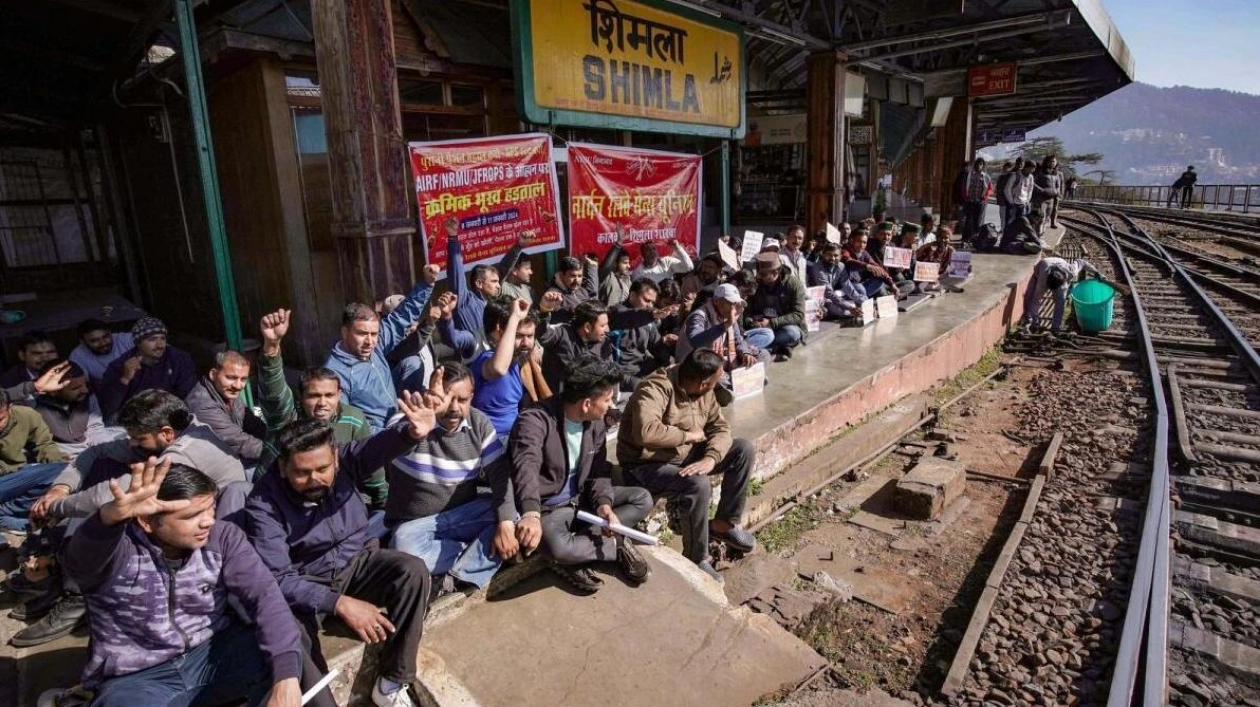On Saturday, the Indian government greenlit a pension plan that ensures federal government employees receive 50% of their base salary as a pension, shifting from the current scheme tied to market returns. The Modi administration has been compelled to reevaluate the existing pension system, implemented following a substantial fiscal overhaul in 2004, due to some states reverting to the previous, financially burdensome system of fully funding a guaranteed pension.
The Unified Pension Scheme (UPS) for India's more than two million federal government employees is scheduled to commence on April 1, 2025, according to Ashwini Vaishnaw, a cabinet minister. He stated that it will guarantee 50% of the base salary earned during the last 12 months before retirement as a pension for government employees who have served a minimum of 25 years. The current National Pension Scheme mandates employees to contribute 10% of their base salary, with the government contributing 14%. The final payout is contingent on market returns from the invested corpus, which is primarily in federal debt.
Trade unions and opposition parties have been pushing for a guaranteed minimum pension for government employees, making it a significant political issue in the recent general elections. The financial impact of the UPS on the government's budget is anticipated to be approximately 62.5 billion rupees ($745 million) in the fiscal year 2024-25, with the annual cost fluctuating based on the number of employees retiring, the minister noted.






